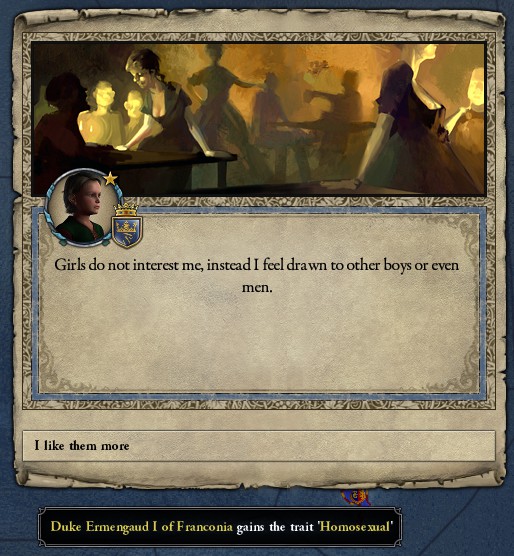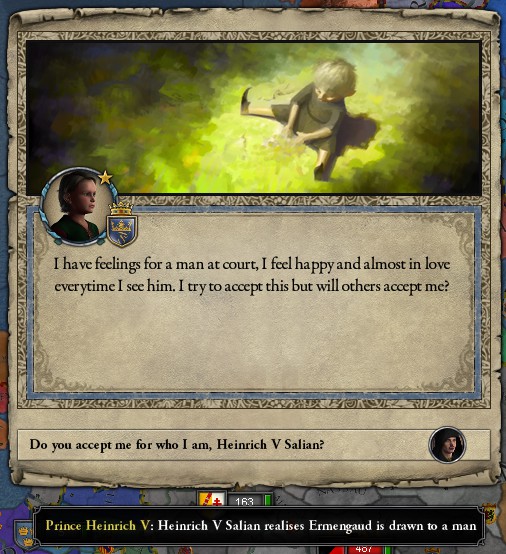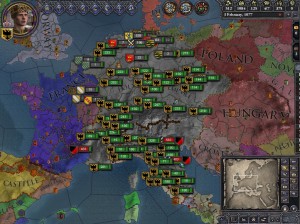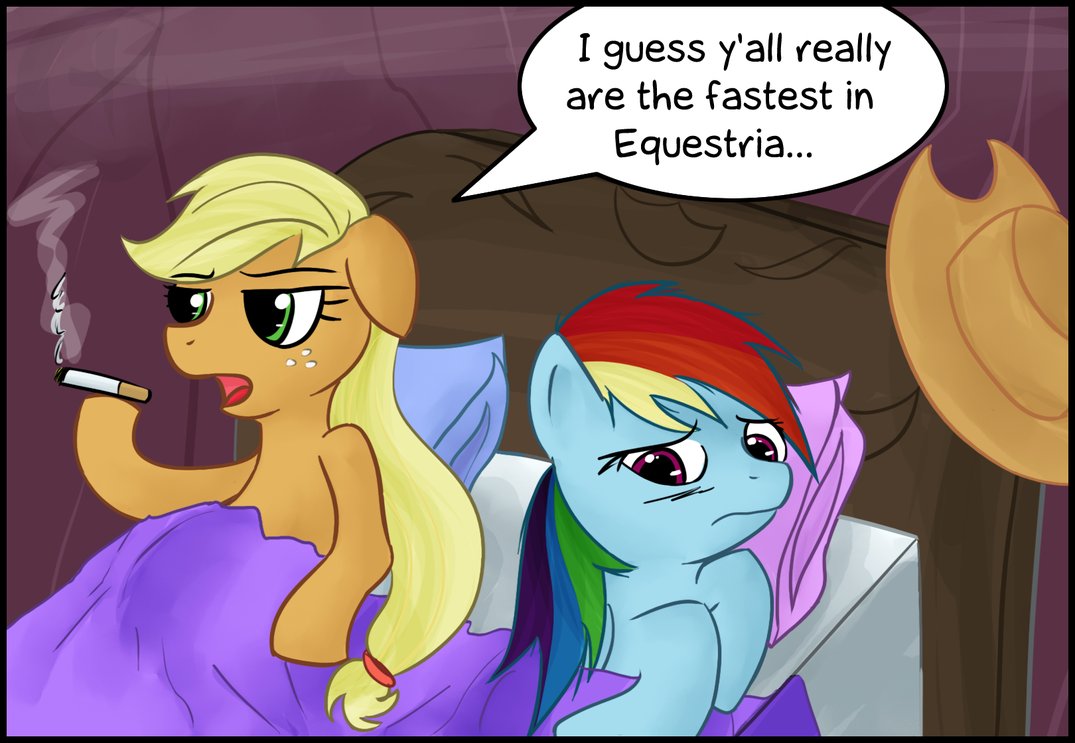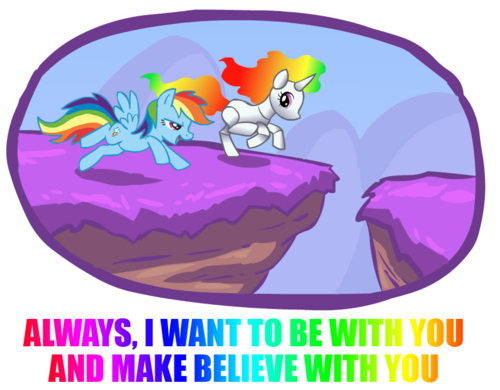Last night Mrs. Pike Adequate, co-blogger and better half of mine, were discussing the future possibility of creating, through arcane and unholy science, progeny of some manner. As is our wont the conversation turned towards videogames, and specifically how we would best go about educating Adequate II (Electric Boogaloo) in the history thereof. The thing is that yes, anyone can just pick up a game today and have a good time, but this is an important artform and cultural expression to us, so we would want them to have a comprehensive and informative education. There are a huge number of classic games from back in the day, but unlike other artforms the constant advancement of gaming technology means some of them won’t be so readily picked as others; this is something we intend to avoid.
So far we have come up with the following policy. Beginning 1985 with the C64, the child will play every major console from the successive generations. They will be assigned a number of classic games of particular importance, and be allowed to choose a handful of electives per system as well. Once they have completed these, they will move on to the next console, until they reach the current generation of the day. They will also be playing PC games throughout this time, of course, keeping rough pace with the console generation they have reached. Only when they have achieved a sufficient knowledge of how gaming has developed, and of the classics of yesteryear, will they be getting any kind of contemporary system or game.
Now, the thing is that we want to demonstrate games that are important as well as ones that are good. It’s all very well making them play Strategy Games Throughout The Ages, but that’s not going to be broad and rounded enough – how will they understand why DooM was important, for example? So Pike and I need to come up with a list of games that had significance in the history of gaming, not only because they were good but because they were important, for whatever reason. And this is where you all come in, readers!
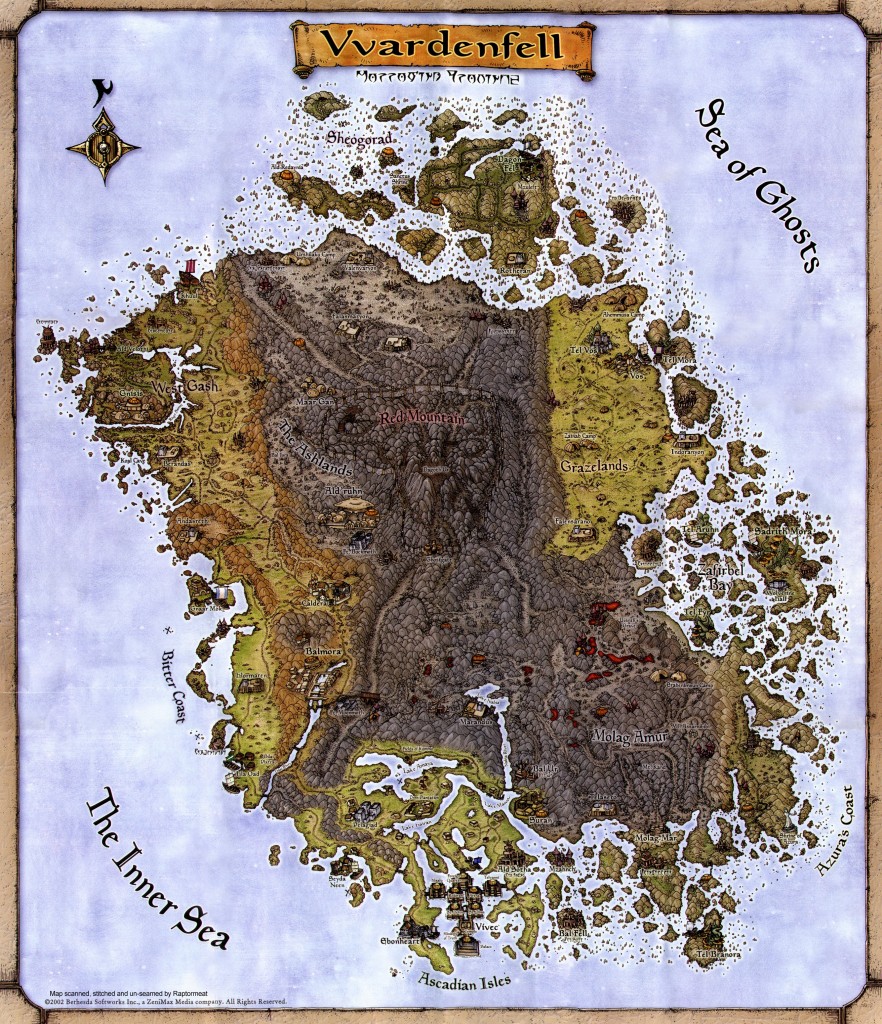
What would you consider the canon required for a comprehensive gaming education? Not just those that are the best, or personal favorites, but ones which can be identified as important to the development of the field – perhaps even ones that can be argued to have harmed it? No matter how obvious it might seem, tell us what you would call essential, and if you feel inclined, tell us why!




